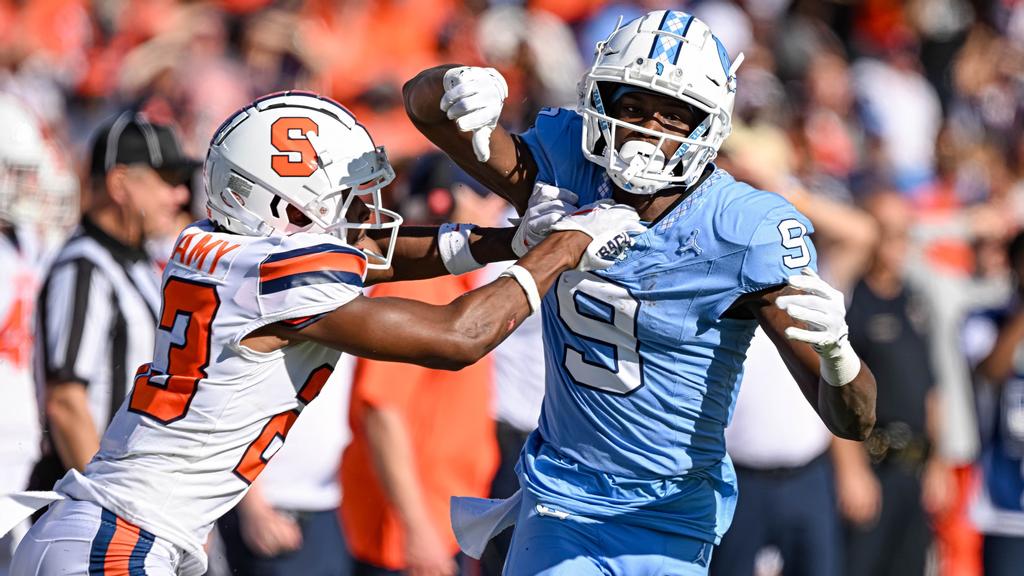CHAPEL HILL—The Rawlings panel on the role of athletics on campus life advocated Tuesday for a more balanced approach and encouraged UNC to take a leadership position nationwide, championing responsible spending and greater transparency on all athletics expenses.
Click here to read the full report.
***Listen to the full panel announcement here***
Podcast: Play in new window | Download
Subscribe: RSS
The panel, chaired by Hunter Rawlings, president of the Association of American Universities, was asked by previous Chancellor Holden Thorp to make recommendations for UNC-Chapel Hill as well as other universities nationwide on how to combat the growing issue in higher education.
“We thought that we should come up with a series of serious and substantial recommendations to help the University in its quest for conducting a program that it feels really good about,” Rawlings says.
James Delany, longtime commissioner of the Big Ten Conference and Carolina alumnus, says a clear chain of command in leadership is necessary to deal with the relationship between academics and athletics at universities.
“There must be lines to delineate the assignment of responsibility and authority so that as a result, institutional control can be established and maintained,” Delany says.
Executive Director of the Knight Commission on Intercollegiate Athletics Amy Perko says UNC must strive for greater transparency and practice more responsible spending in order to achieve a healthy balance between the sport and academic realms on campus.
A mandatory education program for coaches in the ACC was offered up by the panel as well. Perko says she thinks a more formal approach will help the coaches get on board with the educational missions at their universities.
“Coaches are under great pressure to win and are increasingly viewed as being separated from the educational missions of their universities. […] We believe coaches will welcome this suggested formal investment in their professional development as educators,” Perko says.
Ultimately, Rawlings says he feels that UNC and other schools must act now to save the integrity of higher education. He says we have reached the “tipping point.”







Comments on Chapelboro are moderated according to our Community Guidelines